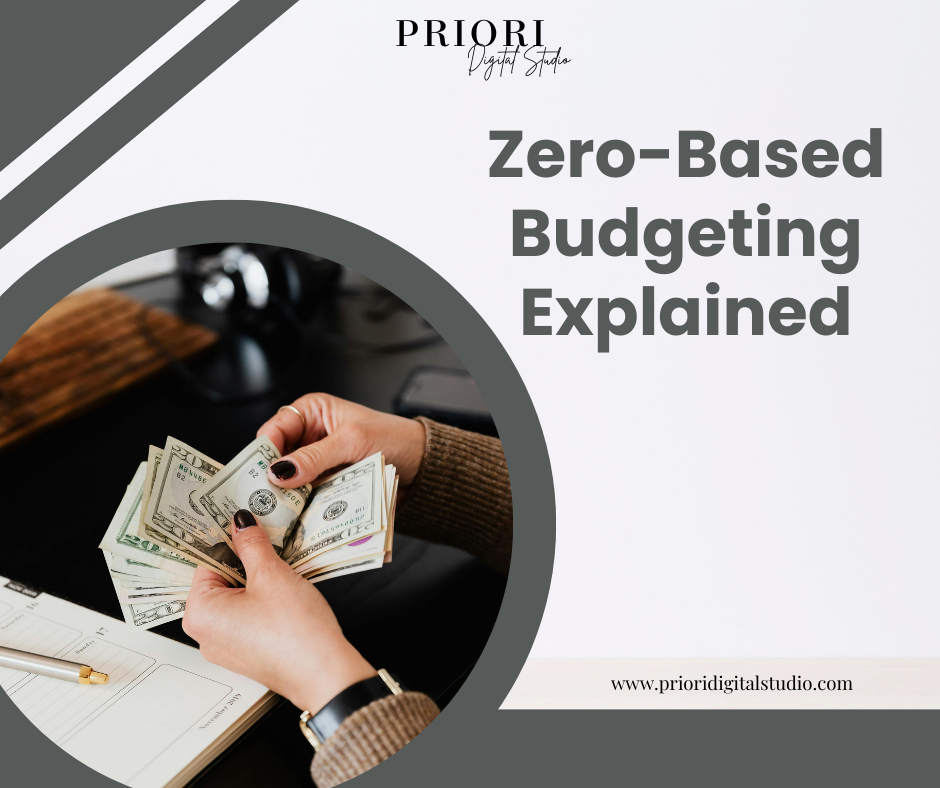Do you know exactly where your money is going, or are you just guessing? If you're like 64% of Americans who live paycheck to paycheck, you've probably experienced that sinking feeling when your bank balance mysteriously shrinks despite earning a decent income. Money seems to vanish into thin air, leaving you wondering where it all went.
Zero-Based Budgeting (ZBB) offers a powerful solution to this financial fog. Unlike passive budgeting methods that track expenses after you've already spent the money, ZBB puts you in the driver's seat from day one. It's an intentional, proactive system that ensures every dollar has a purpose before it leaves your account.
This comprehensive guide will walk you through everything you need to know about Zero-Based Budgeting, from its corporate origins to practical implementation strategies. We'll explore the step-by-step process, examine its advantages and challenges, and provide actionable tools to help you master this transformative financial approach. By the end, you'll have the knowledge and confidence to give every dollar in your budget a specific job.
What is Zero-Based Budgeting? Beyond the Basics
At its core, Zero-Based Budgeting operates on one fundamental principle: Income – Expenses = $0. But here's what's crucial to understand, this doesn't mean having zero dollars in your bank account. Instead, it means every dollar of your income gets assigned a specific "job" before the month begins, whether that's paying bills, building savings, investing for the future, or tackling debt.
Contrast with Traditional Budgeting
Most people practice incremental budgeting without realizing it. They look at last month's spending, maybe adjust a few categories up or down, and call it a budget. This approach breeds complacency and often includes unnecessary "budget slack", money that gets wasted simply because it was allocated but never questioned.
"Traditional budgeting is like driving while looking in the rearview mirror," explains certified financial planner Kristen Gall. "You're making decisions based on where you've been, not where you want to go."
Zero-Based Budgeting flips this script entirely. Each month, you build your budget from scratch, forcing yourself to justify every expense category. It's a "ground-up" approach that eliminates automatic spending and maximizes intentionality.
A Brief History
ZBB originated in the 1970s when Texas Instruments implemented it to improve corporate efficiency. The method gained traction across Fortune 500 companies as a strategic cost-management tool. In recent years, personal finance experts like Dave Ramsey have popularized ZBB for individual use through systems like the "EveryDollar" budget, bringing corporate-level financial discipline to household management.
The Core Philosophy: The "Why" Behind Zero-Based Budgeting
Zero-Based Budgeting transforms your relationship with money from reactive to proactive. Instead of wondering where your paycheck went, you'll know exactly where every dollar is working for you.
Intentionality Over Autopilot: ZBB forces active decision-making about money. According to a 2024 study by the National Endowment for Financial Education, people who use intentional budgeting methods save 23% more than those who use passive tracking systems.
Maximizing Efficiency: By justifying every expense, you identify and eliminate financial waste. The average American spends $1,497 annually on impulse purchases, money that could be redirected toward meaningful goals through ZBB.
Alignment with Goals: ZBB directly connects your daily spending habits to long-term aspirations, whether that's building a six-month emergency fund, saving for a home down payment, or achieving early retirement.
How to Create a Zero-Based Budget: A Step-by-Step Guide
Creating your first Zero-Based Budget might seem daunting, but we'll break it down into manageable steps. Let's walk through the process for a single month.
Step 1: Determine Your Monthly Income
Calculate your total take-home pay (net income) from all sources. Include your salary, freelance work, side hustles, and any other regular income streams. If your income varies month to month, use either an average of the last three months or base it on your lowest-earning month to avoid overestimating.
For variable income earners: Financial advisor Andrew Westlin recommends building a one-month income buffer. "Freelancers and commission-based workers should budget based on their previous month's actual income, not projected earnings."
Step 2: List Your Monthly Expenses
This is where you'll assign "jobs" to your money. Organize expenses into four main categories:
Fixed Costs (roughly 50-60% of income):
-
Rent or mortgage payment
-
Car payment
-
Insurance premiums
-
Minimum debt payments
-
Phone and internet bills
Variable Costs (20-30% of income):
-
Groceries
-
Gas and transportation
-
Utilities
-
Dining out
-
Entertainment
-
Personal care
Savings & Investments (20% of income):
-
Retirement accounts (401k, IRA)
-
Sinking funds for vacations, car repairs, or home maintenance
Extra Debt Repayment:
-
Additional amounts beyond minimum payments
-
Debt snowball or avalanche strategy funds
Step 3: Assign Every Dollar a Job
Start with your total monthly income and allocate specific amounts to each category until you reach exactly zero. Here's a practical example for someone earning $4,500 monthly take-home pay:
Sample Zero-Based Budget Allocation:
-
Rent: $1,350
-
Groceries: $400
-
Car payment: $350
-
Gas: $200
-
Utilities: $150
-
Phone: $80
-
Emergency fund: $300
-
Retirement: $450
-
Entertainment: $150
-
Dining out: $200
-
Personal care: $100
-
Extra debt payment: $270
-
Total: $4,500 (Income) - $4,500 (Allocated) = $0
Step 4: Track Your Transactions
Your budget is a living document that requires ongoing attention. Track every purchase throughout the month to ensure you're staying within your allocated amounts. Use apps like Mint or simply check your account daily.
Step 5: Adjust as Needed
Here's where ZBB shines, it's perfectly normal to overspend in one category. The key is maintaining balance by moving money from another category. If you overspend $50 on dining out, you might reduce your entertainment budget by $50 for that month. This active management keeps you in control.
Tools for Zero-Based Budgeting: From Analog to Digital
The Envelope System (Cash)
The classic method uses physical envelopes filled with cash for each spending category. While tactile and effective for controlling discretionary spending, it's increasingly impractical in our digital economy.
Spreadsheets (Excel/Google Sheets)
Highly customizable and free, spreadsheets offer unlimited flexibility. Many templates are available online, or you can create your own system. The Microsoft Excel budget templates provide excellent starting points.
Budgeting Apps Built for ZBB
You Need A Budget (YNAB): Considered the gold standard for Zero-Based Budgeting apps. YNAB costs $14.99 monthly but offers comprehensive training and support. Its four core rules align perfectly with ZBB principles.
EveryDollar: Dave Ramsey's free app (premium version $17.99/month) specifically designed around Zero-Based Budgeting concepts.
Mint: While primarily a tracking app, Mint can be adapted for ZBB with some manual setup.
The Advantages: Why Zero-Based Budgeting is So Powerful
Complete Financial Awareness
ZBB provides crystal-clear understanding of your cash flow. According to Charles Schwab's 2024 Modern Wealth Survey, people who use detailed budgeting methods report 40% less financial anxiety than those who don't budget at all.
Rapid Debt Paydown
By identifying "wasted" money in your current spending, ZBB typically frees up 10-15% of income for additional debt payments. The average person using ZBB pays off credit card debt 60% faster than those using traditional budgeting methods.
Accelerated Savings Growth
ZBB forces you to "pay yourself first" by treating savings like a non-negotiable bill. This approach helps people save an average of $3,200 more annually compared to those who save "whatever's left over."
Reduces Financial Stress
The anxiety of financial uncertainty gets replaced with confidence and control. When every dollar has a purpose, you'll never wonder if you can afford something, you'll know exactly what's available in each category.
Ultimate Flexibility
ZBB adapts to any income level or life change. Whether you get a raise, face a financial emergency, or experience income loss, you simply rebuild your budget from scratch with your new reality.
The Challenges and How to Overcome Them
It's Time-Consuming
The Reality: ZBB requires more upfront effort than passive expense tracking. Your first budget might take 2-3 hours to create.
The Solution: Like any skill, budgeting gets faster with practice. Most people can complete their monthly ZBB in 30-45 minutes after three months of practice. Consider this time an investment in your financial future, would you spend an hour to save hundreds of dollars?
Can Feel Restrictive
The Reality: Some people fear ZBB will eliminate all fun from their lives.
The Solution: Include realistic "fun money" categories in your budget. Allocate funds for entertainment, hobbies, and spontaneous purchases. The budget isn't about deprivation, it's about intentional spending on what matters most to you.
Difficulty with Irregular Income
The Reality: Freelancers and commission-based workers struggle with the monthly structure.
The Solution: Build your budget based on conservative income estimates or create a one-month income buffer. Some successful irregular earners budget quarterly rather than monthly, adjusting weekly as needed.
Risk of Abandonment
The Reality: 68% of people abandon their first budget attempt after encountering unexpected expenses.
The Solution: Embrace imperfection during your first few months. View ZBB as an iterative process, not a one-time setup. Each month teaches you something new about your spending patterns and helps refine your categories.
Zero-Based Budgeting for Businesses vs. Individuals
While this article focuses on personal finance, it's worth understanding ZBB's business applications. Companies use ZBB to scrutinize departmental expenses, improve operational efficiency, and reallocate resources to high-growth areas. It's a strategic tool for maximizing profitability and shareholder value.
For individuals, the focus shifts from profitability to personal goal achievement. You're not trying to maximize shareholder returns, you're working to build wealth, pay off debt, and create financial security for your family.
Conclusion: Is Zero-Based Budgeting Right for You?
Zero-Based Budgeting represents the pinnacle of intentional financial management. It offers unparalleled control over your money and ensures perfect alignment between your spending and your values. However, it does require an upfront investment in time and mental energy.
ZBB is ideal for you if:
-
You feel financially out of control despite decent income
-
You're aggressively paying off debt
-
You want to maximize your savings rate
-
You're working toward specific financial goals
-
You don't mind spending time on financial planning
ZBB might be overkill if:
-
You have extremely simple finances
-
You already have strong automatic savings habits
-
You're satisfied with your current financial trajectory
-
You prefer minimal financial management
Ready to take control of your financial narrative? Challenge yourself to try Zero-Based Budgeting for just one month. Track every dollar, assign every expense, and see what happens when you give your money clear directions instead of hoping it finds its way.
What could you achieve if you gave every single dollar a purpose?
Additional Resources
For deeper insights into Zero-Based Budgeting and personal finance management, explore these authoritative resources:
-
Consumer Financial Protection Bureau (CFPB): Making a Budget - Government guidance on budgeting fundamentals
-
National Endowment for Financial Education: Financial Planning Resources - Research-backed financial planning strategies
-
Federal Trade Commission: Making a Budget - Official consumer guidance on budget creation
-
AARP Foundation: Money Management - Budgeting resources for all age groups
-
Dave Ramsey's Financial Peace University: budgeting courses - Structured ZBB training programs



Share:
10 Proven Budgeting Strategies to Take Control of Your Money
Complete Guide to Annual Budgeting: Tools, Strategies & Templates